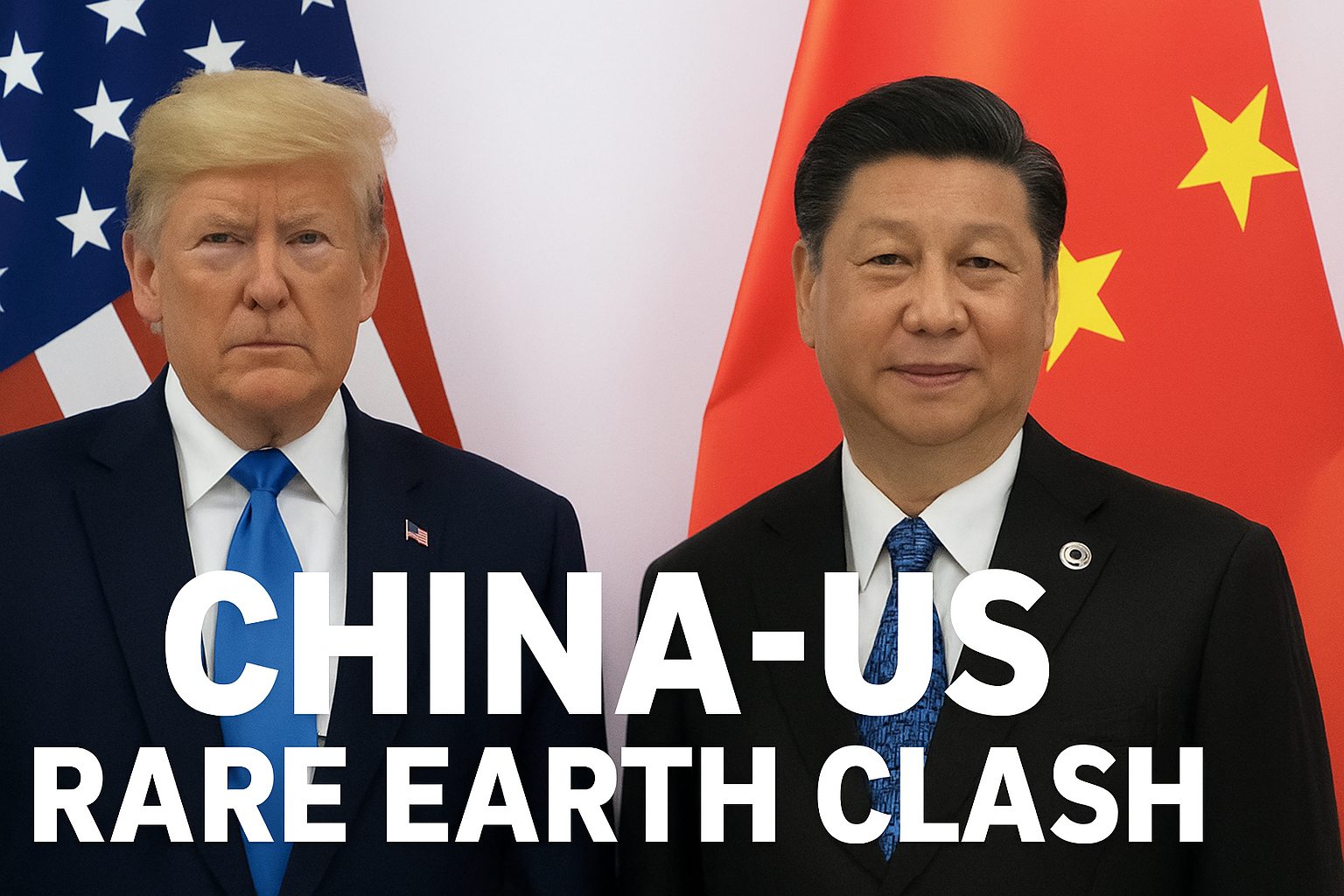
By a cruel twist of South Asian political fate, it is always the masses who sweat in the sun for a democracy that rarely sweats for them. On a sultry Wednesday (May28, 2025) in Dhaka, the streets turned into a human mosaic of red and rage, as tens of thousands of Bangladesh Nationalist Party (BNP) supporters gathered to demand the one thing that has become elusive in the subcontinent's most turbulent democracy: a timely election.
With Muhammad Yunus at the helm of an interim government, and Prime Minister Sheikh Hasina cooling her heels on the other side of history, Bangladesh appears to have stepped into that familiar South Asian purgatory—between rule and rebellion, between democracy and dynasty. Yunus, the Nobel laureate whose Grameen Bank once gave rice-sack entrepreneurs a reason to dream, now finds himself brokering deals with politicians who wouldn’t know a microloan from a manifesto.
The BNP rally was not merely political theatre—it was a boiling point. Weeks of suppressed tension burst forth in slogans, sweat, and shouted promises. The banners carried slogans less poetic than practical: “Elections now or never,” “Down with Hasina's autocracy.” One particularly ambitious placard read, “Democracy delayed is democracy denied.” A clever line, though one suspects the bearer borrowed it from a U.S. Supreme Court ruling.
Former Prime Minister Khaleda Zia’s loyalists have become increasingly impatient. Her son, Tarique Rahman, speaking from his London exile—where desi leaders often go to discover both God and good Wi-Fi—warned that elections must be held by December or “face the people’s wrath.” A statement made with all the revolutionary fervor of a man sipping Earl Grey in Kensington.
But one cannot ignore the undercurrent of desperation in Dhaka’s streets. The protest was not a carnival of democracy but a collective scream. In a nation where history moves in circles rather than straight lines, the people have seen this reel before. Political power has passed like a family heirloom between the Hasina-Zia dynasties, interrupted occasionally by the military, which acts like an impatient uncle crashing a family wedding.
Yunus, for his part, appears as ill-fitted to political life as a monk in a nightclub. He entered the political arena not with a manifesto but with a moral compass, assuming it would be enough to steer the country. It wasn’t. His 10-month stint has left most citizens disillusioned. His reform attempts, though well-meaning, have been throttled by bureaucracy, resisted by politicians, and mocked by those who once hailed him as the Gandhi of microfinance.
Human Rights Watch, never one to miss a good scolding opportunity, has accused the government of failing to protect minorities, journalists, and trade unionists. Murmurs of disappearances, arbitrary arrests, and media clampdowns have only fanned the flames. While Yunus remains the darling of international think tanks and TED Talk audiences, on Dhaka’s streets, he is seen as another technocrat lost in translation.
Economically too, the country is wobbling. Foreign investment is drying up. Inflation has made the price of onions a topic of national mourning. The only thing growing is the black market for passports. As for law and order, one could be forgiven for thinking it has been outsourced.
In such a grim landscape, the BNP rally was a cry of exhaustion as much as a call for elections. Democracy, in this case, is not just a political ideal—it is a life raft in a storm of despair. But whether that raft can stay afloat when pulled from opposite ends by Hasina and Khaleda’s camps is anyone’s guess.
Hasina, for her part, remains a formidable figure, despite her party’s current ousting. Her supporters credit her with stabilising the economy and pushing through infrastructure projects, though her critics accuse her of authoritarian tendencies and an alarming disregard for dissent. She remains, as always, both heroine and heretic, depending on the headline.
If elections are delayed beyond June 2026, as feared, it could ignite a constitutional crisis. The streets of Dhaka, already simmering, may well boil over. The military, always lurking in the political shadows, might once again decide that it is the only adult in the room. Such is the fragility of institutions in nations where political maturity is often sacrificed at the altar of familial vendetta.
And yet, in the dense chaos of the crowd—children perched on fathers’ shoulders, women waving flags, elderly men clutching prayer beads—one saw something more enduring than political slogans. A faith, naïve but unyielding, that their voices matter. That maybe, just maybe, this time, ballots would count more than bullets.
That is the eternal paradox of South Asia. It abuses democracy, it mutilates it, it marries it to religion, caste, clan, and corruption. And still, it returns to the polling booth with hope. The BNP may be staging a protest, but it is the people who are staging a plea—to be heard, to be counted, and to live without fear of who rules the day after tomorrow.
Whether that plea is answered in the corridors of power or drowned in another press release is a tale we shall read in future headlines. Until then, Bangladesh will continue to march, shout, and believe—because for all its broken promises, democracy still offers the only language that both the powerful and the powerless understand.
And sometimes, shouting in the street is the only way to remind a nation that silence is not peace—it is surrender.



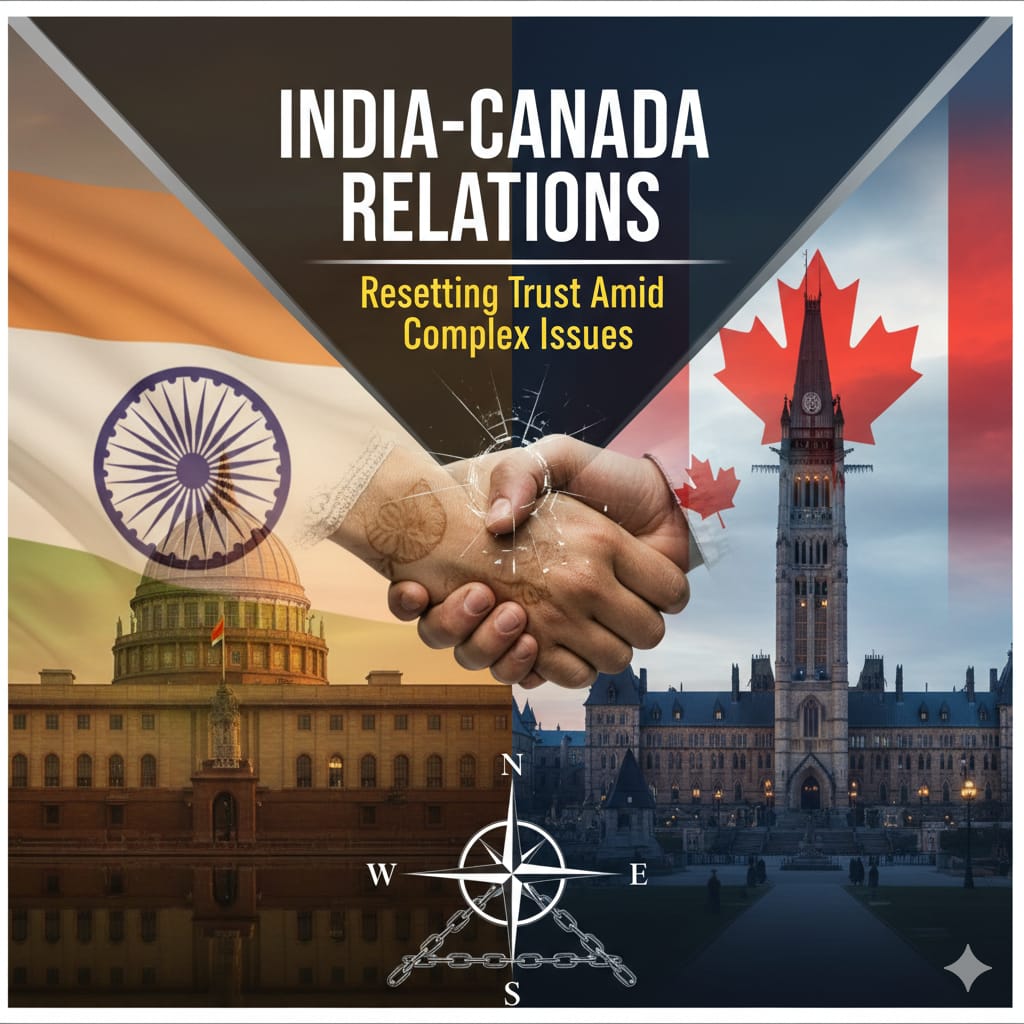
.jpeg)


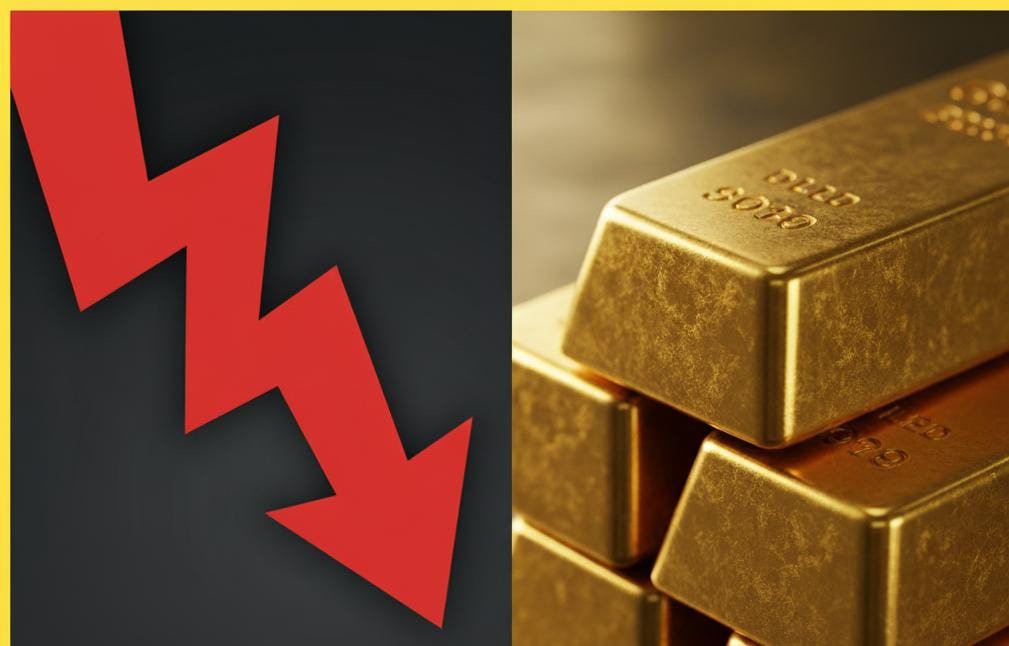
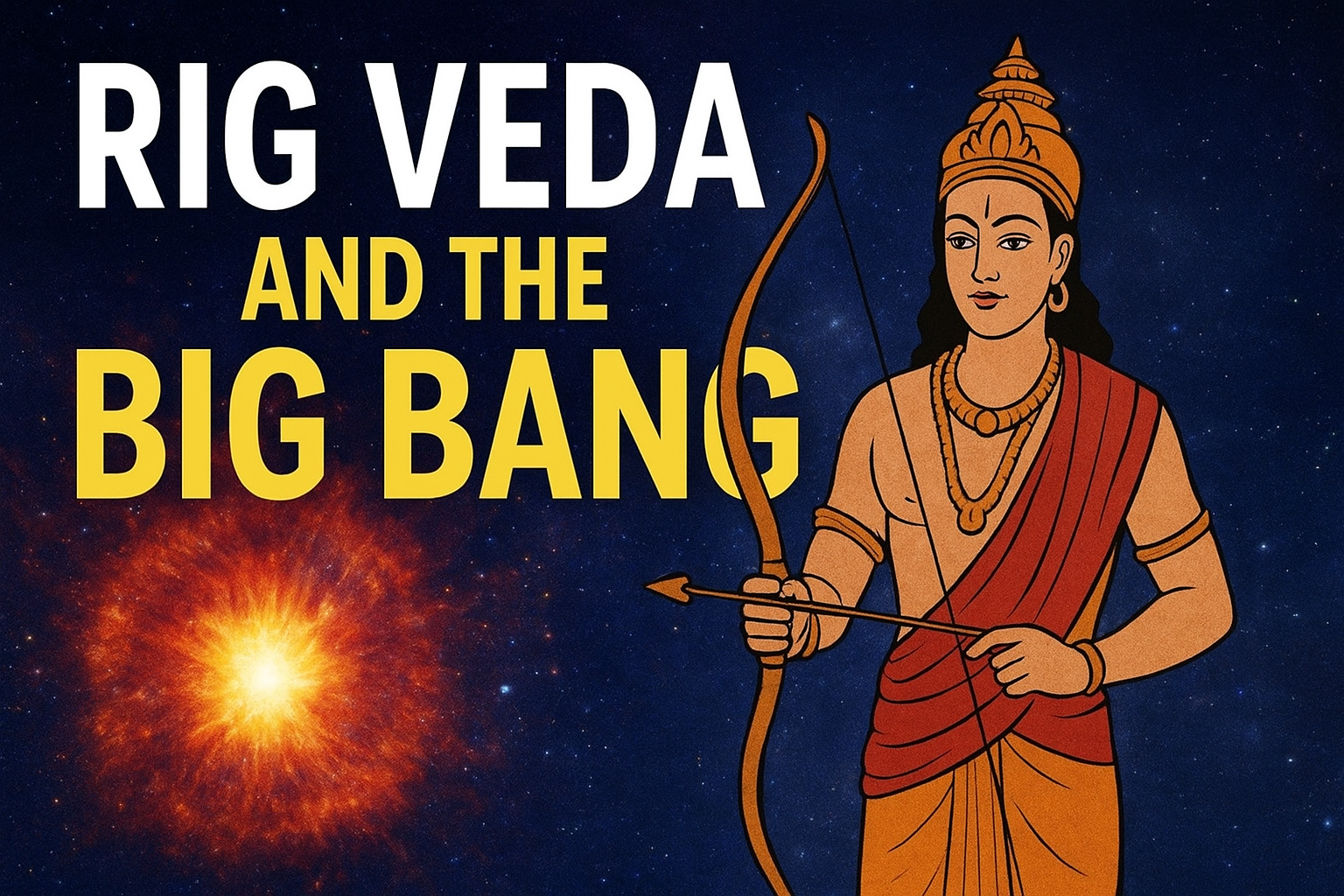
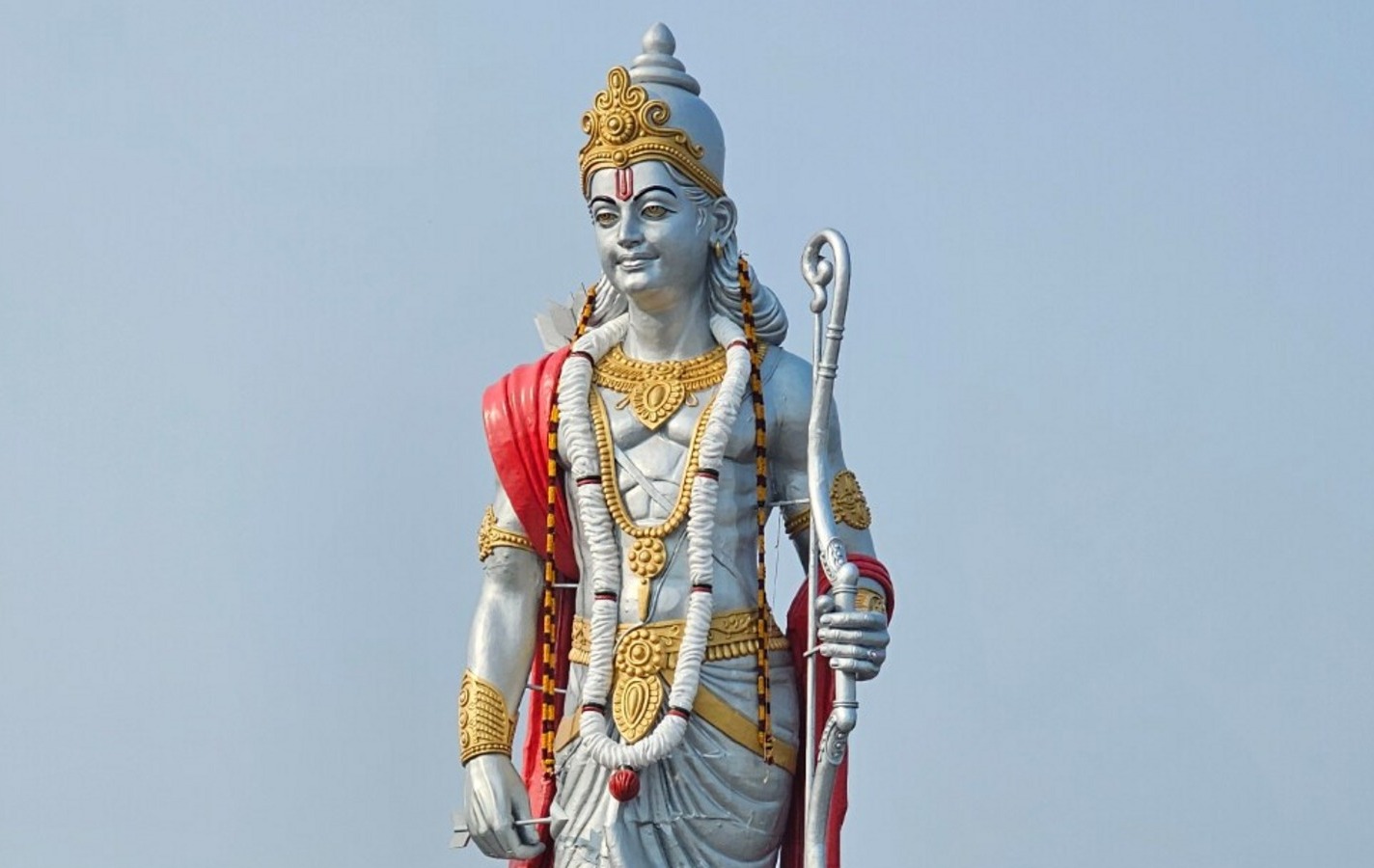
.jpeg)
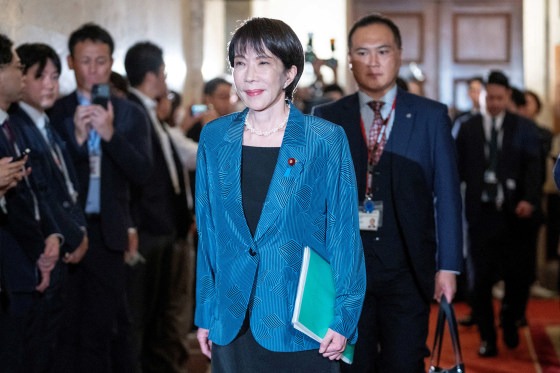

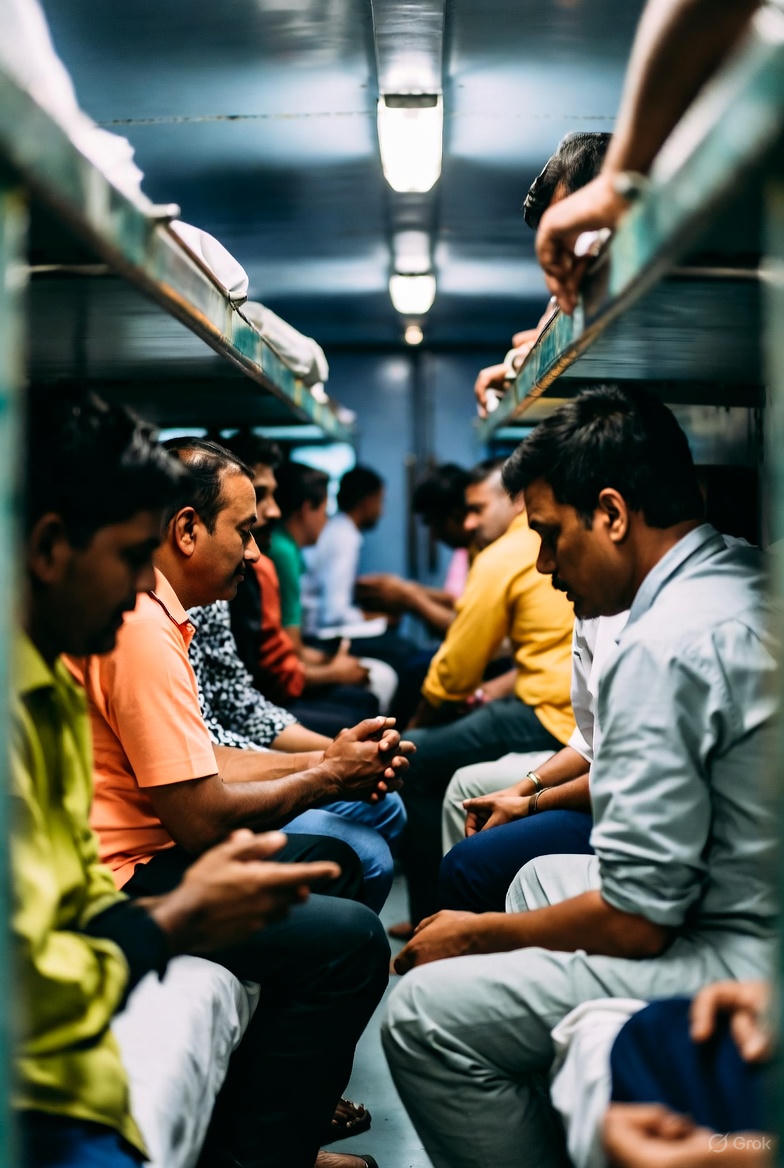
.jpeg)

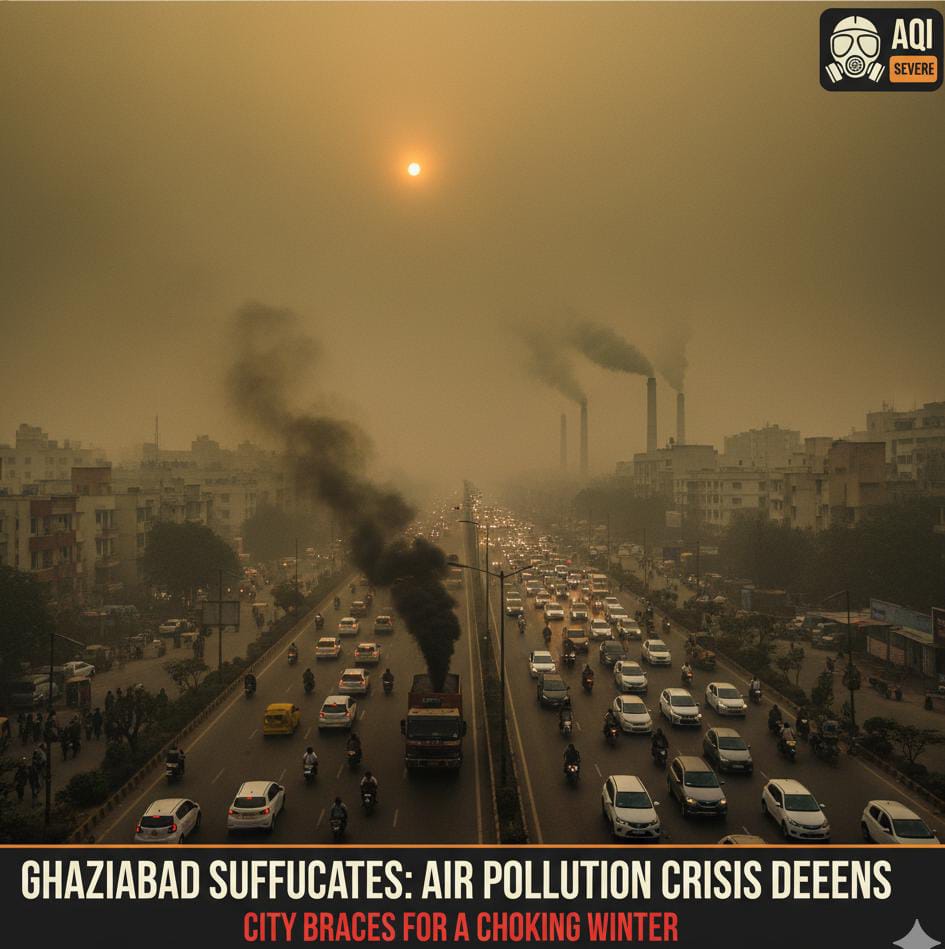

.jpeg)
.jpeg)
.jpeg)
